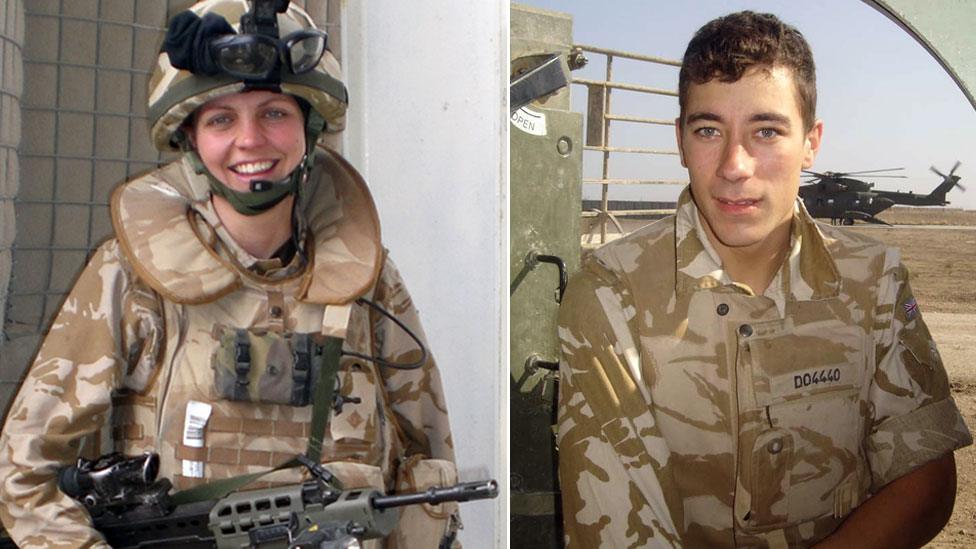Chilcot report: Families and MPs react to inquiry findings
- Published
Families of British service personnel killed in Iraq say "war was a fiasco"
The Chilcot report, external has concluded that the UK went to war in Iraq in 2003 before all peaceful options were exhausted, and it was not a "last resort".
The families of some of the 179 servicemen and women who died in the Iraq War, and politicians who took key decisions at the time, have been reacting to its findings.

Roger Bacon, whose 34-year-old son Major Matthew Bacon was killed in Iraq in 2005
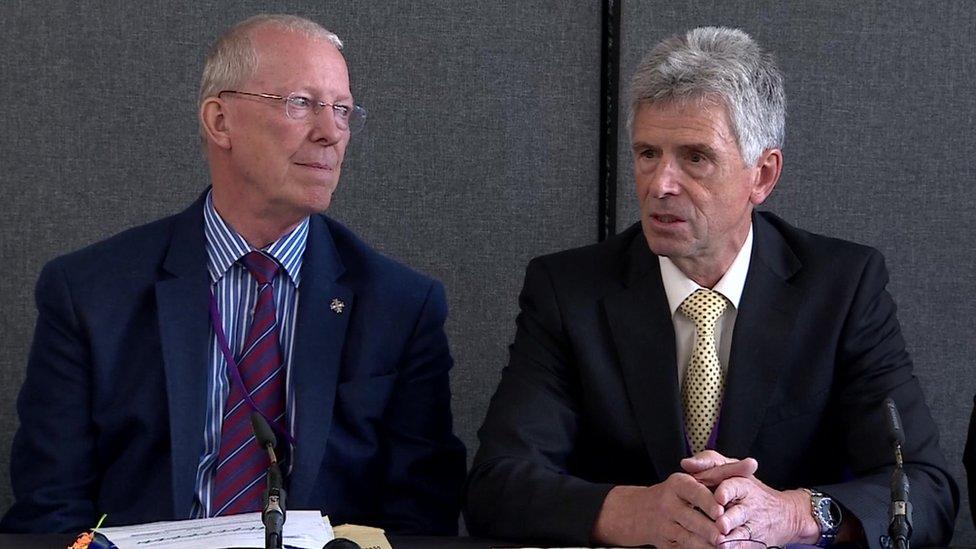
Roger Bacon, left, with Reg Keys, right, father of Lance Corporal Tom Keys who died in Iraq four days before his 21st birthday
In a press conference immediately after Sir John Chilcot delivered his report, Mr Bacon said bereaved families could "call specific parties to answer for their actions in the courts".
"Never again must so many mistakes be allowed to sacrifice British lives and lead to the destruction of a country for no positive end," he said.
He said he was "really pleased" with the report but it would never take away the pain of losing a son.

Rose Gentle's 19-year-old son Gordon was killed by a roadside bomb while serving in Basra in 2004
Rose Gentle: 'Tony Blair responsible for murdering my son'
Ms Gentle said she would like to look former Prime Minister Tony Blair in the eye and ask: "Why did you send my son to be killed?"
"What we've been hearing and what we've been reading has been really hard and I think that's why there's a lot of mothers and fathers that have been in tears today," she said.
"A lot of us have held it back for weeks and what's been confirmed today has really gut-wrenched a lot of us."

Sarah O'Connor's brother, Sergeant Bob O'Connor, was killed in action aged 38 in Iraq
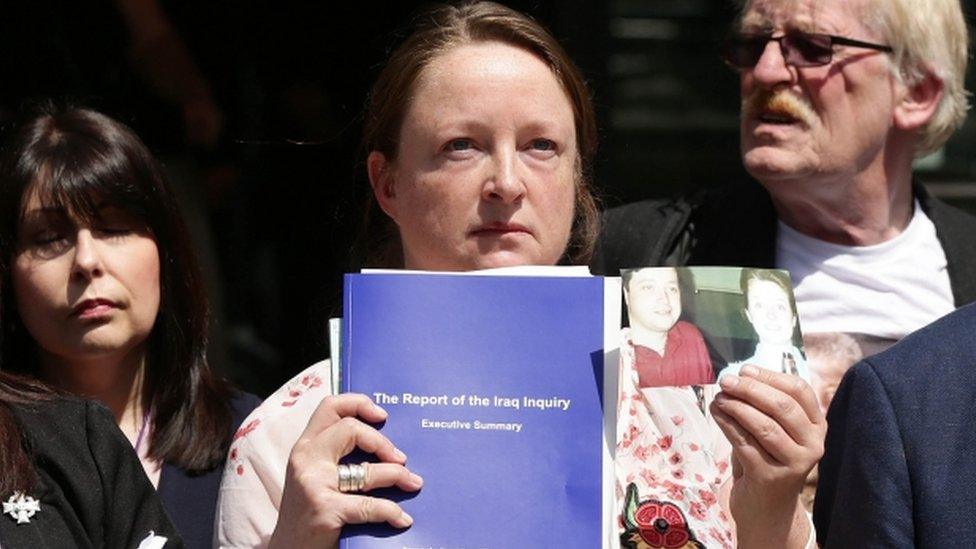
Sarah O'Connor called Tony Blair "the world's worst terrorist" at the press conference
"Personally, for myself, anger. That healing, that 11 and a half years that I've worked for, I've gone back to that time when I learned that my brother had been killed," she said.
"And there's one terrorist in this world that the world needs to be aware of and his name is Tony Blair. The world's worst terrorist."

David Godfrey, whose 21-year-old grandson Daniel Coffey was killed in 2007
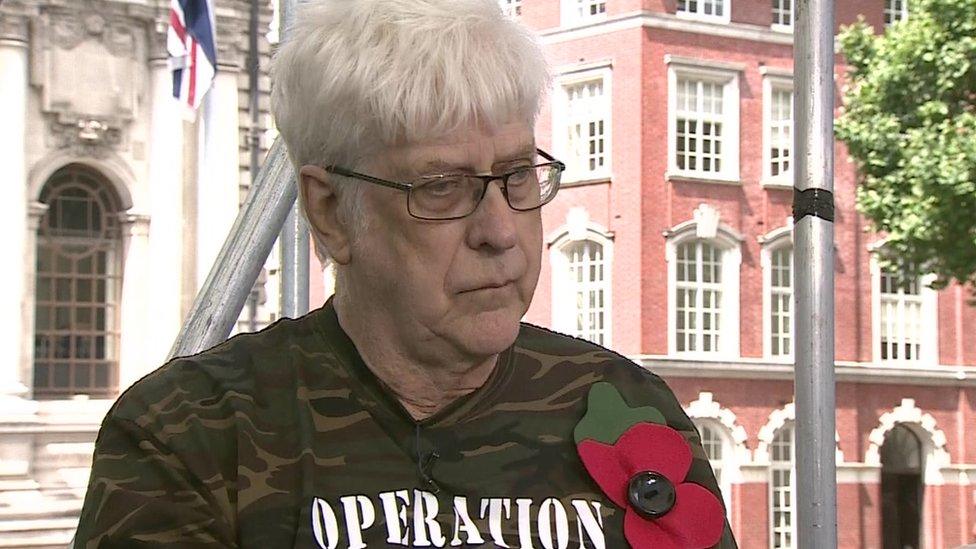
David Godfrey said the report had not gone far enough
"I have come to the end of a journey and the start of another one. The journey started with the loss of Daniel in Basra, Iraq, in February 2007," said Mr Godfrey.
"The next stage of my journey started with the launch of the Chilcot inquiry report and it has been a journey of heartache and pain - not just for my family but for every other family you have seen here today."
He said the report had not gone far enough.

Reg Keys, whose son Lance Corporal Thomas Keys who died in Iraq four days before his 21st birthday
Reg Keys speaks out after the Iraq Inquiry is published
"I can only conclude that unfortunately and sadly, my son died in vain," said Mr Keys, adding that British forces had been "deployed on the basis of a falsehood" and there should be accountability from key players.
He said the report had taken too long but it was "well worth the wait". "Thank you sir John, you've done the families proud today."

Janice Proctor's son Private Michael Tench was just 18 when he was killed by a roadside bomb near Basra in 2007
Chilcot brings 'no justice' for young dead soldier
She said she felt "sick, really sick, it was like going into my inquest for Michael".
"We've heard it - war was not really needed," she said.

Former Prime Minister Tony Blair
Tony Blair expressed sorrow, regret and apology
Former Prime Minister Tony Blair said going to war in Iraq was the "most agonising" decision he took as PM and he took full responsibility for any mistakes.
"There were no lies, Parliament and the Cabinet were not misled, there was no secret commitment to war, intelligence was not falsified and the decision was made in good faith", he told a press conference.

Former US President George Bush
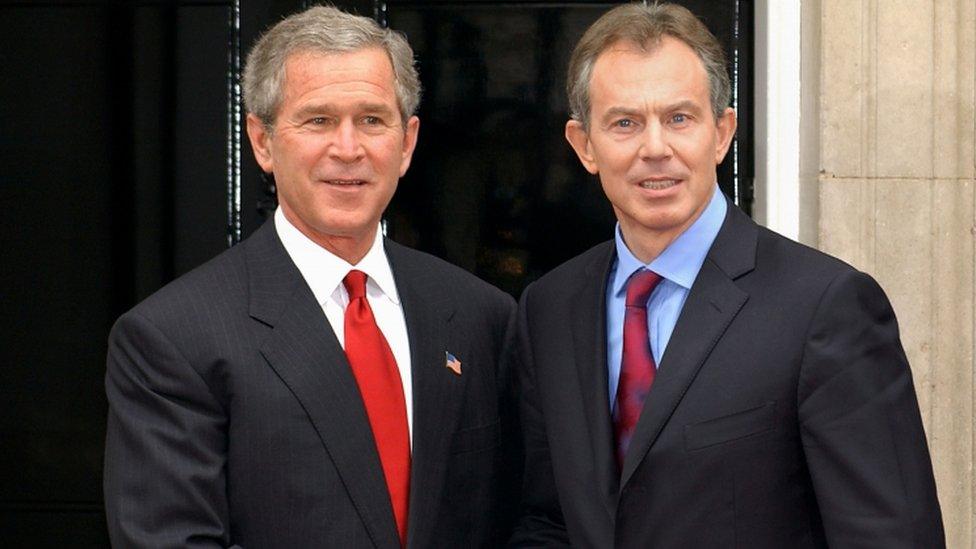
The spokesman for George Bush (left) said the former US president had not yet read the report
George Bush's spokesman said: "President Bush is hosting wounded warriors at his ranch today and has not had the chance to read the Chilcot report.
"Despite the intelligence failures and other mistakes he has acknowledged previously, President Bush continues to believe the whole world is better off without Saddam Hussein in power.
"He is deeply grateful for the service and sacrifice of American and coalition forces in the war on terror."

Prime Minister David Cameron
Iraq inquiry: 'Lessons must be learnt'- David Cameron
Prime Minister David Cameron told MPs it was a "difficult day for all the families of those who lost loved ones" and he hoped bereaved relatives could find "some comfort from knowing we will never forget the incredible sacrifice".
He said "lessons must be learned" and announced a two-day Commons debate next week.

Labour Leader Jeremy Corbyn
Jeremy Corbyn: "Invasion of Iraq has been a catastrophe"
Labour Leader Jeremy Corbyn condemned the decision to go to war in Iraq as an "act of military aggression launched on a false pretext".
"We now know that the House was misled in the run-up to the war and the House must now decide how to deal with it 13 years later, just as all those who took the decisions laid bare in the Chilcot report must face up to the consequences of their actions, whatever they may be," he said.
Later, at a press conference, Mr Corbyn said: "I now apologise sincerely on behalf of my party for the disastrous decision to go to war in Iraq."

Clare Short, former International Development Secretary and member of the then Labour government
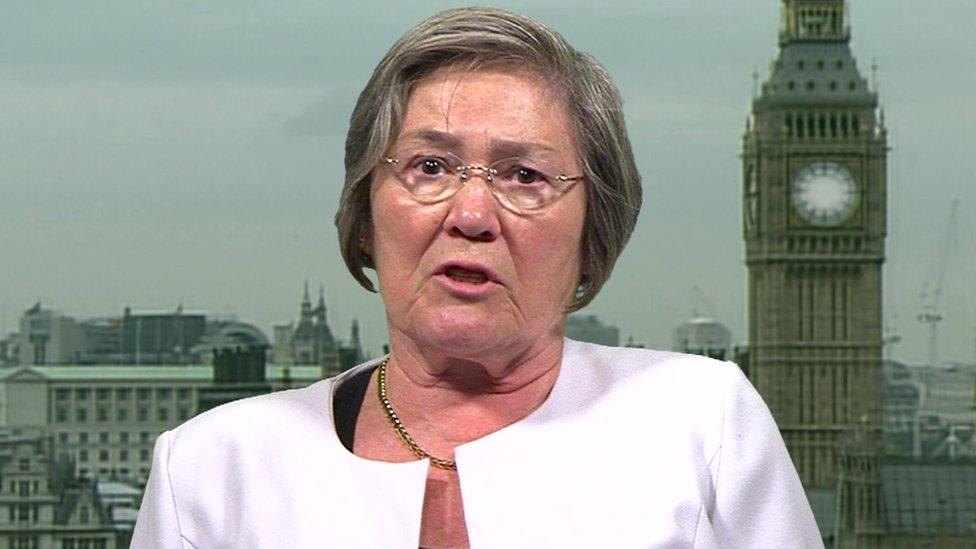
Ms Short, who resigned over the war, said it was a "damning" report: "I tried very hard... to hold on to Tony Blair's ankles and [thought] he might hold on to Bush, and we might find a better way of dealing with sanctions on Iraq... I know I tried my damnedest, but of course I failed, and for that I feel terrible."

Former foreign secretary Jack Straw, who served as foreign secretary during the Iraq War
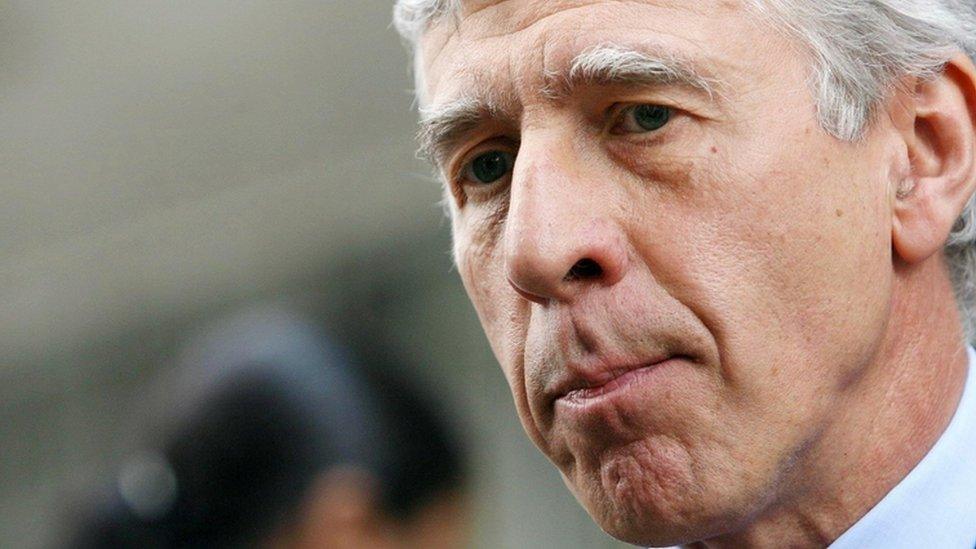
"The decisions made by me and others can only properly be judged in the context of the time. I take full responsibility for all those that I made," he said in a statement.

Alastair Campbell, former adviser to Tony Blair
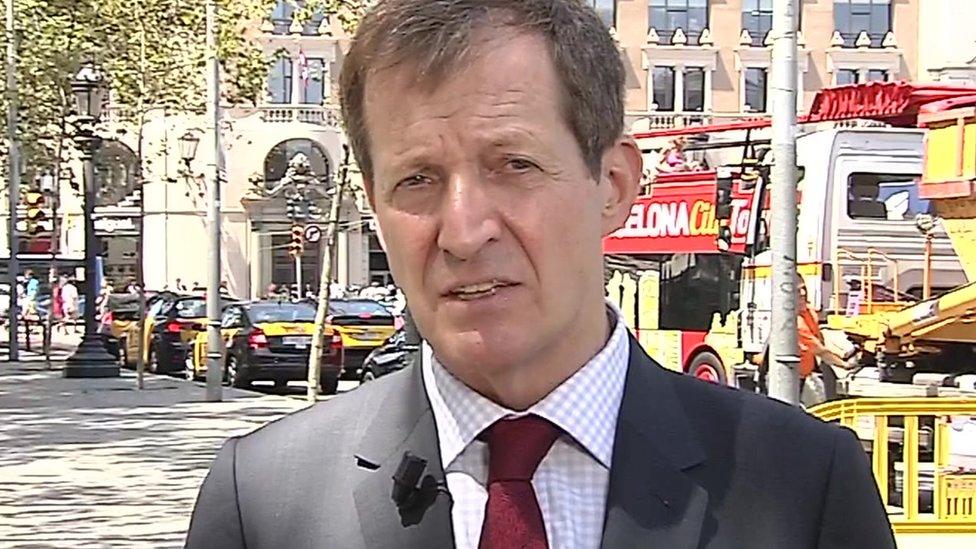
"Tony Blair was not giving George Bush a blank cheque. I was alongside Tony Blair, I saw very close up the care he took with the decisions he was making," he said.
"But ultimately he had to make that judgement and yes he will for the rest of his days think about that."

Lord Goldsmith, former attorney general
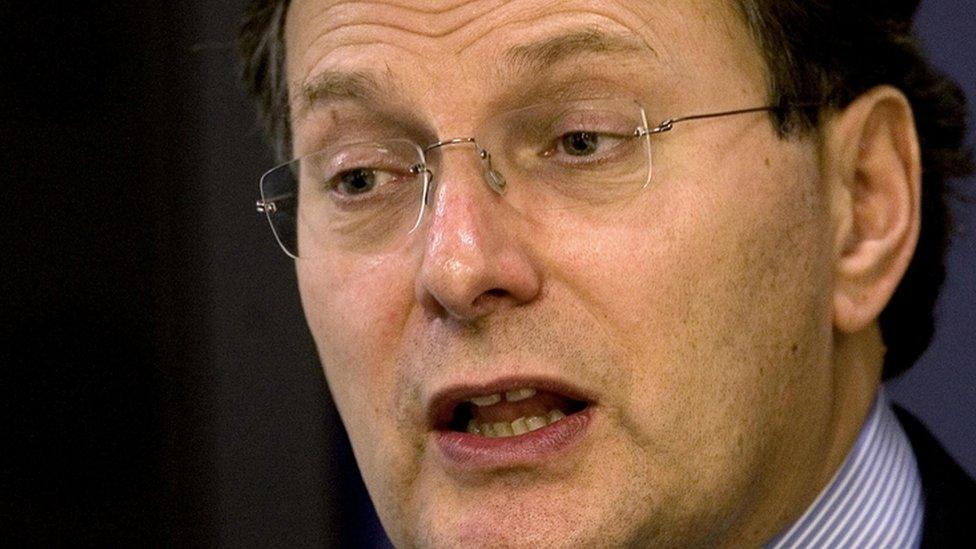
He said: "In purely technical terms, legal opinions can differ. I provided my advice to the best of my abilities and aware of the seriousness of any decision to go to war. In my opinion, that decision was in accordance with international law and it was permissible for those with the responsibility for taking the decision to proceed.
"So, I believed then - and I still believe - that military action was lawful."

- Published6 July 2016
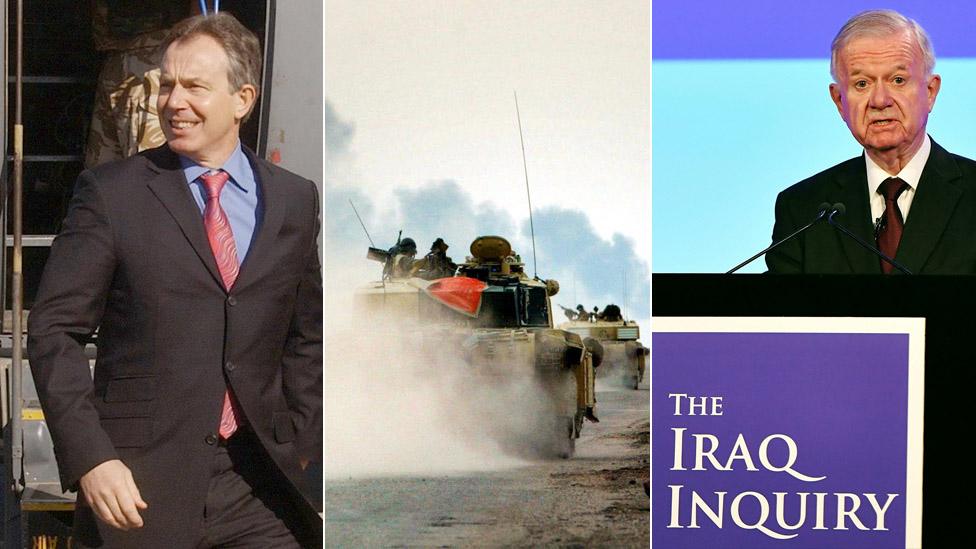
- Published6 July 2016
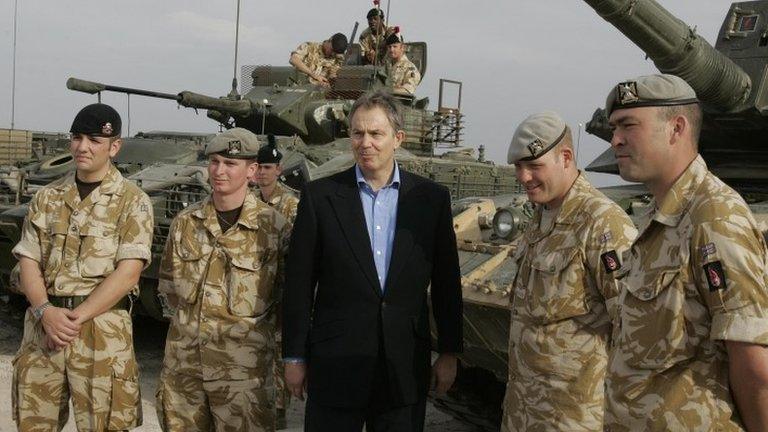
- Published4 July 2016
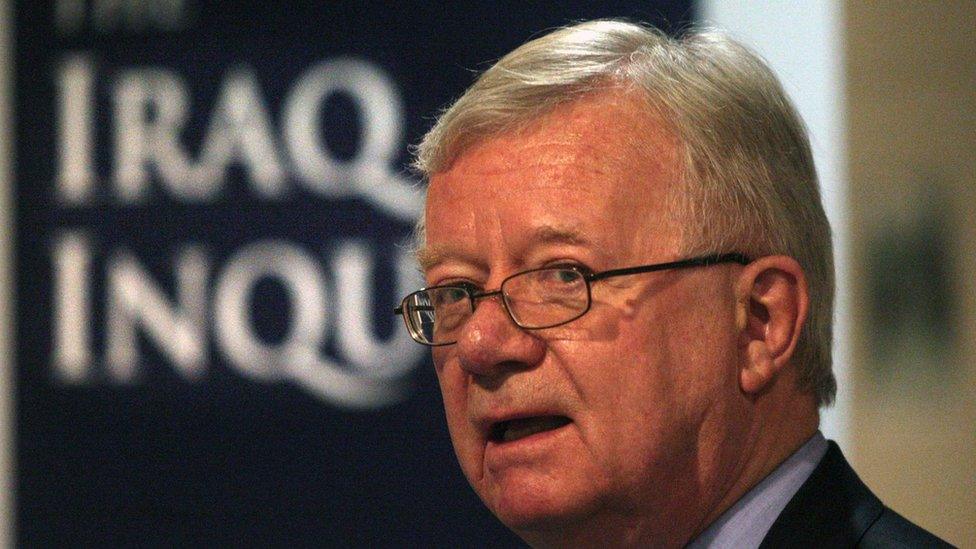
- Published4 July 2016
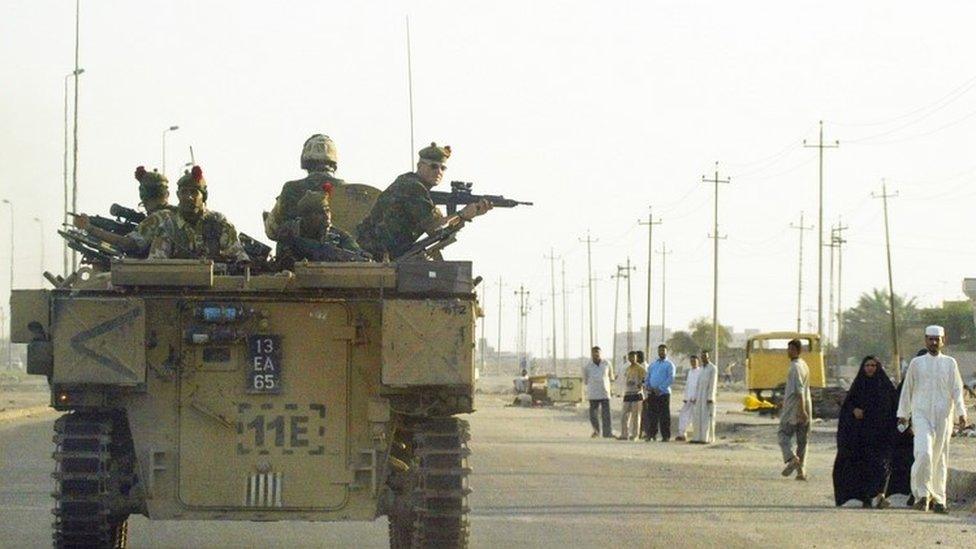
- Published4 July 2016
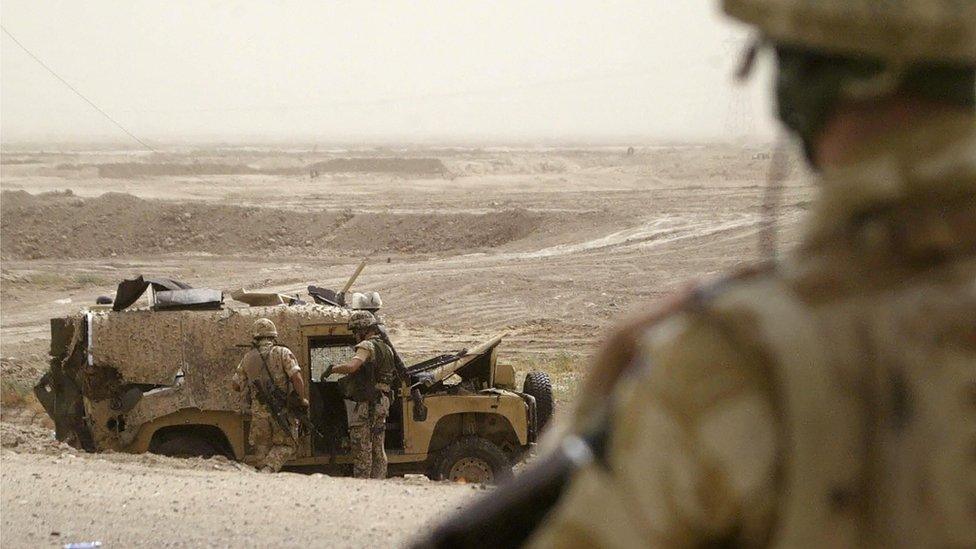
- Published5 July 2016
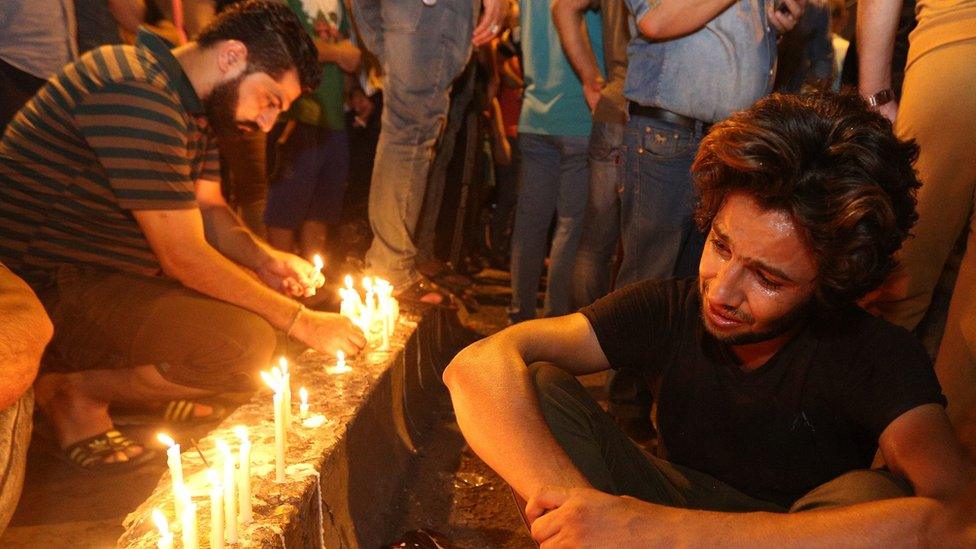
- Published7 July 2016
